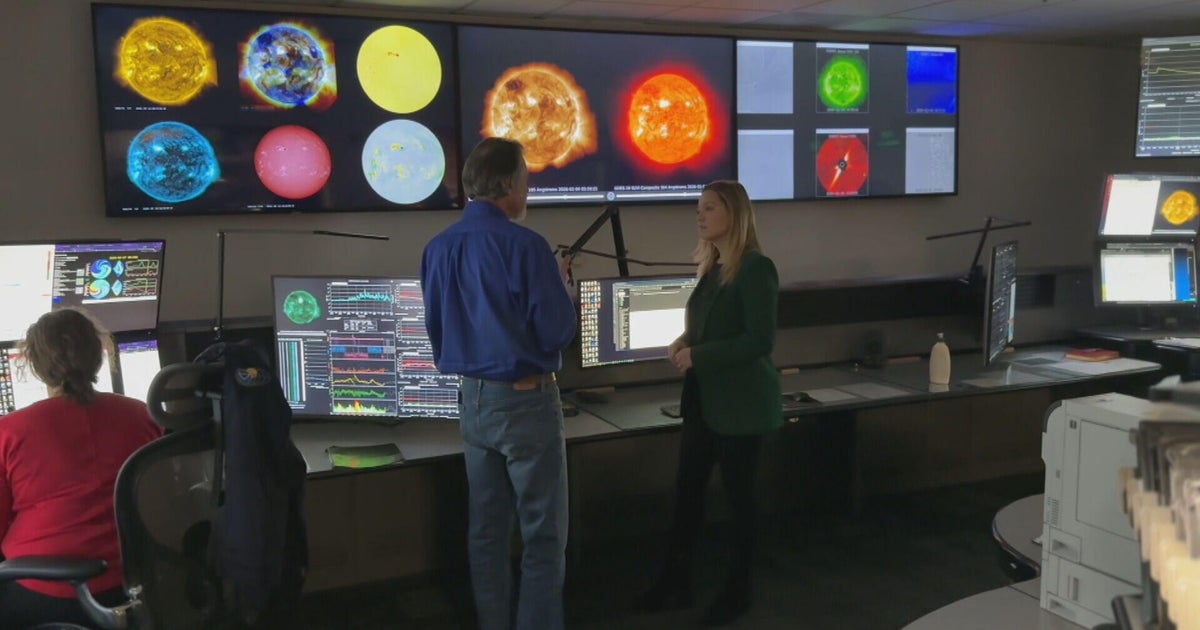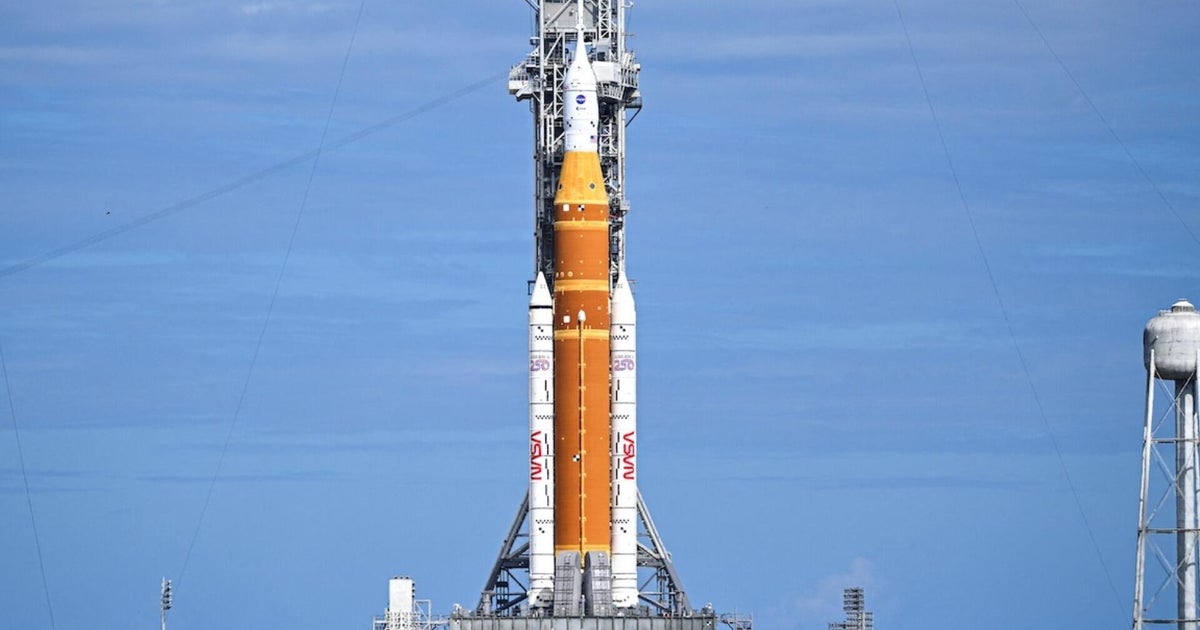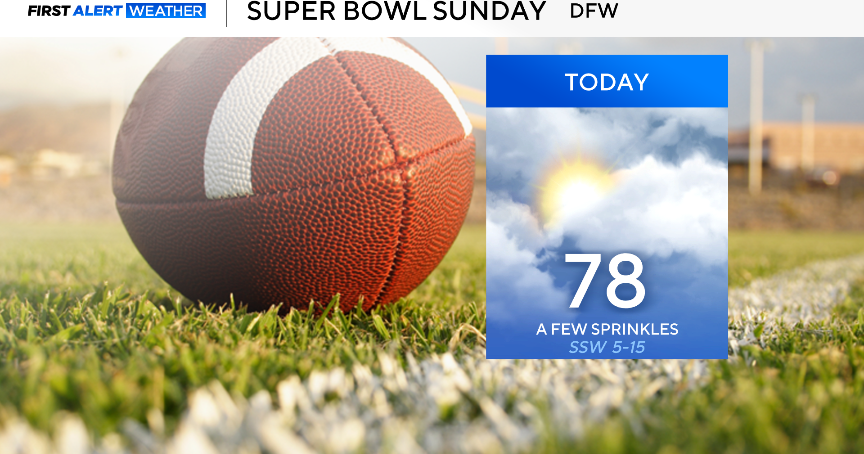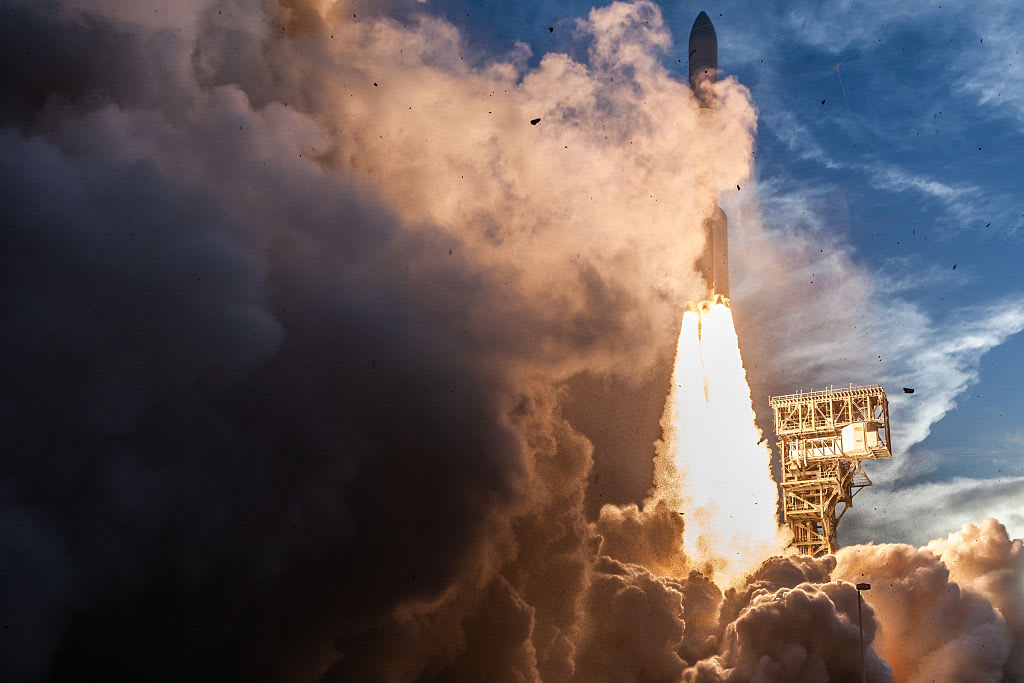NASA breaks down eclipse radiation myths
As millions of spectators across the U.S. gathered to watch Monday's total solar eclipse, some were concerned over radiation, but NASA has debunked myths around the eclipse.
The moon crosses in front of the sun during the eclipse, casting a shadow on Earth's surface that blocks out the light from the sun. Only the sun's outer atmosphere — the corona — was visible during the peak of the eclipse.
One common myth around the eclipse is the idea that the total solar eclipse produces harmful rays that can cause blindness, according to NASA. The space agency says that when the moon covers the sun, the corona emits electromagnetic radiation.
"Being a million times fainter than the light from the sun itself, there is nothing in the coronal light that could cross 150 million kilometers of space, penetrate our dense atmosphere, and cause blindness," NASA wrote in a post about eclipse myths.
Still, it's not safe to look at the solar eclipse without special glasses. It can cause eye damage.
Another myth debunked by NASA is the idea that pregnant individuals should not watch an eclipse. The space agency says it's related to the false idea that harmful radiations are emitted during a total solar eclipse.
In addition to the electromagnetic radiation from the sun's corona, there's another form of radiation traveling from the sun to the Earth, the space agency explained. Particles called neutrinos are born deep in the solar interior, then "zip unimpeded out of the sun and into space."
"This is an entirely harmless effect and would not harm you, or if you are pregnant, the developing fetus," NASA says.
Another common eclipse myth is the false idea that radiation during a total solar eclipse will poison any food prepared during the eclipse.
NASA said that over the years, people scared of eclipses have made up stories about the harm they can pose.
"If someone is accidentally food-poisoned with potato salad during an eclipse, some might argue that the event was related to the eclipse itself even though hundreds of other people at the same location were not at all affected," NASA says.



